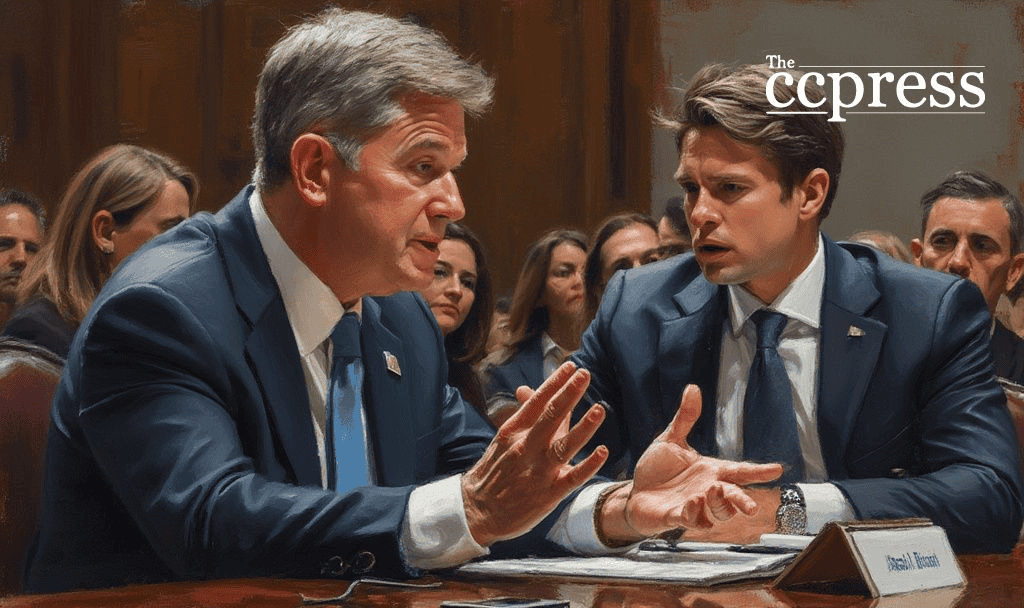- Future regulations, industry impacts, and political landscape shifts discussed.
- Potential regulatory impact on the $2.7 trillion industry.
- Insight from PayPal, Kraken, and academic leaders.

This hearing underscores potential regulatory changes impacting the rapidly growing cryptocurrency industry while indicating a shift in the US political environment towards a more crypto-friendly stance.
Introduction
The upcoming House hearing on April 9, 2025, is seen as critical in shaping the future of US cryptocurrency regulation. Representative French Hill and Representative Bryan Steil lead the effort, aiming for a sound legislative framework amid changing political landscapes.
Key figures from companies like PayPal and Kraken, along with scholars from Harvard, will testify. The hearing seeks to introduce the Financial Innovation and Technology for the 21st Century Act, aimed at regulating digital transaction processes.
Potential Impacts
The event could significantly impact market dynamics and regulatory norms. With bipartisan support, the potential regulation might stabilize and legitimize the industry, affecting over $2.7 trillion in assets. It reflects global competitive pressures in the sector.
Socially and politically, the hearing aligns with shifts under the Trump administration, prioritizing digital asset exploration. The emphasis is on ensuring a balanced regulatory environment that supports innovation without stifling growth.
Market Shifts
The event may induce significant market shifts, influencing asset valuation trends and investor confidence. Policymakers aim to balance innovation with the necessary regulatory controls.
Should regulations be imposed, potential outcomes include clarified operational procedures for cryptocurrency entities, resulting in increased investor trust. Analysts suggest historical frameworks like FIT21 might serve as blueprints for comprehensive new regulations.
Conclusion
Representative Bryan Steil articulated at the DC Blockchain Summit, “We now have a very different political landscape. We maintain a very pro-crypto House of Representatives, with really good working relationships with a number of Democrats, and a similar situation in the Senate.”
